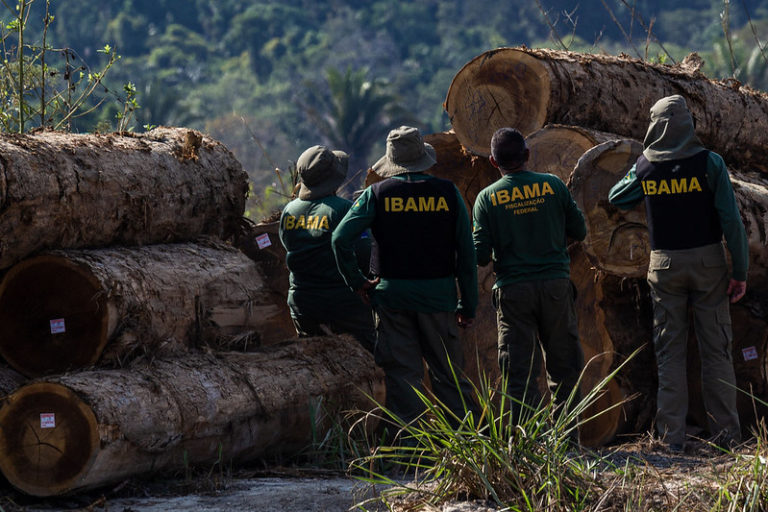Nearly 98% of Amazon deforestation alerts weren’t investigated under President Jair Bolsonaro

Deforestation is responsible for about half of Brazil’s climate pollution. The scale of the destruction has caused the eastern Amazon to stop acting as the Earth’s carbon sink or absorber and to start acting as a carbon producer.
The reason for inaction isn’t a scarcity of information. It’s not as though the administration was unaware of the deforestation. But there was no regulatory response to those alerts because of flaws in environmental policy. According to the statistics, roughly 98 percent of deforestation reports were not investigated, and the Federal Public Ministry only took enforcement action in response to 1.15 percent of Amazon deforestation signals.
The deforestation alerts that were used as a source of information or alerts were released by MapBiomas, an association of environmental organizations, academic institutions, and technology firms that uses satellite imagery to track land usage in Brazil. They are delivered directly to federal authorities and made accessible to the general public.
After two decades of military control, Brazil returned to democracy in 1985. Since then, most succeeding governments have taken steps to expand legal protection, and as of today, official statistics show that around 47% of the Amazon is protected. However, president Jair Bolsonaro has constantly complained that there are too many protected places in the nation and has put a stop to this long-standing policy amid rising critiques of environmental policy, who has promoted increased mining in the Amazon to spur economic growth.
The budget for land monitoring has been repeatedly cut under the Bolsonaro presidency, which is running for a second term in October’s elections, making it harder for Brazil’s environmental agencies to do their jobs well. Budget cuts of 9.8 percent in 2020 and another 27.4 percent in 2021 were made.
It happens at a time when many countries experience exceptional heatwaves, which experts believe are most likely brought on by climate change. The publication of the research coincided with growing global apprehension over the potential environmental effects of deforestation in the world’s largest rainforest, the Amazon, in Brazil and the surrounding area.
According to official data, the Brazilian Amazon has about 580,000sq km of federal forests, or an area almost the size of Ukraine.












